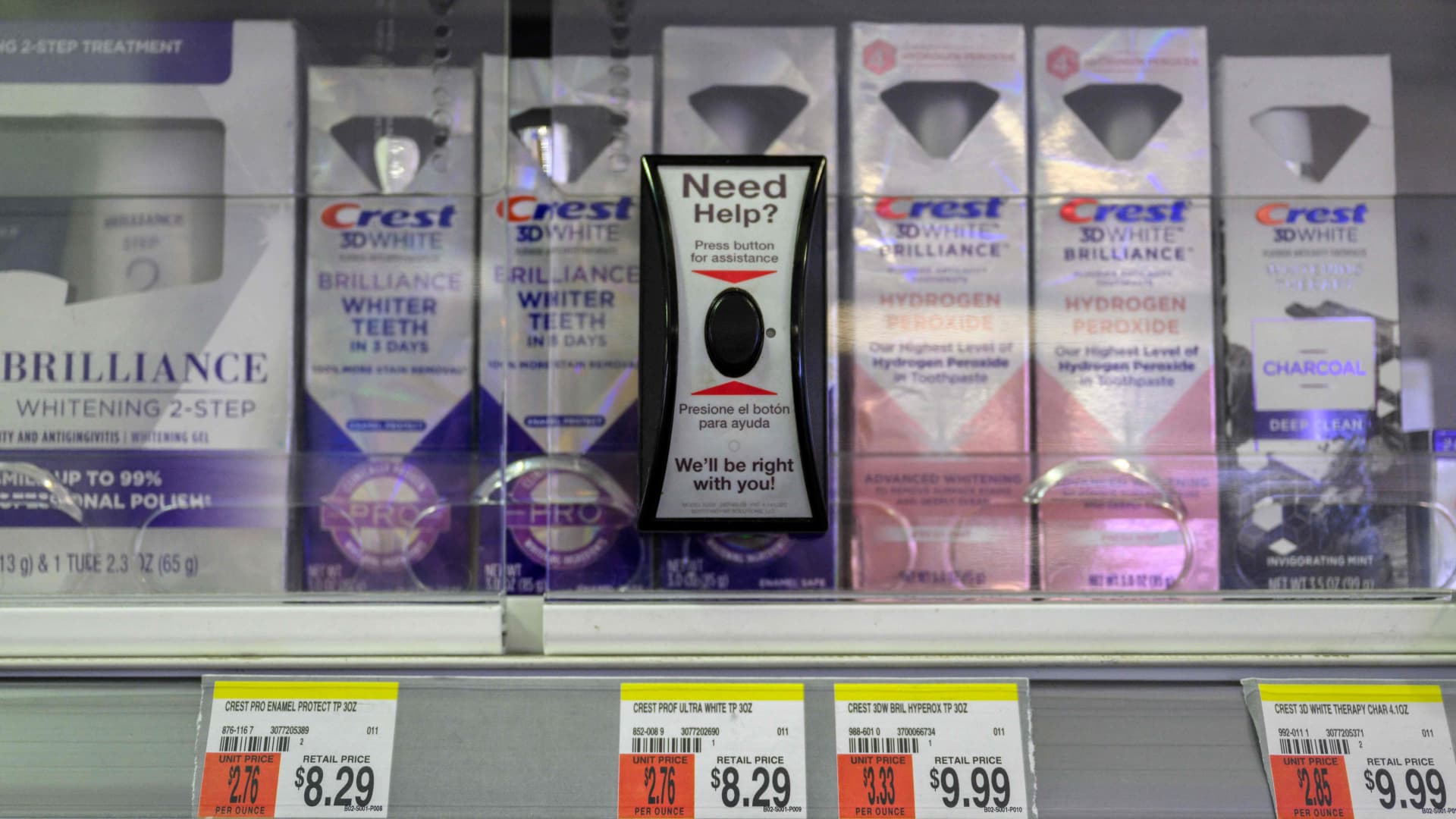Several major retailers, including Dick's Sporting Goods, Lowe's, Target, and Macy's, have cited an increase in theft as a factor in their reduced earnings and are taking steps to address the problem.
The rise in retail theft nationwide is being blamed for Dollar Tree's decline in gross profit margin, prompting the company to take defensive measures to prevent further losses.
Nordstrom's CEO Erik Nordstrom addressed the issue of high theft losses, which have reached historical highs, during an earnings call, causing the company's shares to fall 4.3% despite better than expected sales and earnings, with overall sales dropping 8.3%.
Nordstrom executives stated that levels of theft at their stores have not exceeded expectations, despite a recent massive robbery at one of their locations, although they acknowledged that losses from theft are at historical highs and need to be addressed.
Retail theft, known as "shrink," is becoming a growing problem for retailers, leading to concerns over profits and prompting companies to take preventative measures, such as installing locked cases and removing certain items from stores.
Retailers in the US, including Walmart, Target, and CVS, are experiencing an increase in theft and organized shoplifting, leading to heightened security measures such as locked shelves, padlocked refrigerators, and scattered call buttons, in an effort to combat the rising issue that is impacting their earnings.
Retail sales in the UK increased by 4.1% in August, with non-food items experiencing the strongest growth due to higher spending on health and beauty, although clothing and footwear sales were weaker; however, the increase in sales was partly driven by rising prices, indicating that consumers are buying fewer items but spending more.
A number of retailers are attributing their lackluster profits to shrink, but the extent of the problem varies widely among companies and may not be as dire as some have suggested, with losses generally in line with the retail industry standard of 1% to 1.5% of sales, according to a CNBC analysis.
Organized crime rings in major US cities are increasingly targeting retail inventories, leading to a rise in financial losses for retailers and prompting them to implement measures such as increasing internal payroll and employing third-party security personnel.
Losses from retail crime have increased in 2022, leading retailers to implement more security measures and make changes to their business operations, according to a survey by the National Retail Federation.
The rise in theft and violence at major retailers like Target is not only impacting the companies themselves but also negatively affecting the communities they operate in, leading to store closures, job losses, and reduced tax revenue.
Target plans to close several stores due to retail theft and organized retail crime, raising concerns about the worsening problem and prompting retailers to lock up merchandise and push for stricter legislation; however, reliable data on the extent of retail theft is difficult to obtain and it remains unclear if companies are using theft as a cover for other issues like mismanagement or underperformance.
Retail sales across Great Britain have fallen by more than expected, with volumes dropping by 0.9% in September, suggesting a drop in consumer confidence and a possible recession in the retail sector. Factors such as cost-of-living pressures and warm weather affecting sales of autumn clothing contributed to the decline.
Retail sales in the UK fell more than expected in September due to unseasonably warm weather and cost-of-living pressures, with clothing stores seeing a notable decline in sales of colder weather gear, while food sales increased slightly.
British retail sales fell by 0.9% in September, raising concerns that the retail industry has entered a recession before the crucial festive shopping season, as consumers cut back on spending due to mild weather conditions and rising inflation.
A survey conducted by Finder revealed that 12% of Australians, or approximately 2.4 million people, have admitted to stealing from shops, service stations, and cafes in the past year due to financial stress caused by the rising cost of living.
The National Retail Federation's 2023 Retail Security Survey reveals that major U.S. cities, including Los Angeles, Oakland/San Francisco, and Houston, have been heavily impacted by organized retail crime, resulting in significant inventory shrink and financial losses for retailers.
Los Angeles remains the top city in the US for organized retail theft, with the average "shrink rate" increasing to 1.6% and resulting in $18.2 billion in losses, prompting the creation of a regional task force to combat the issue.
